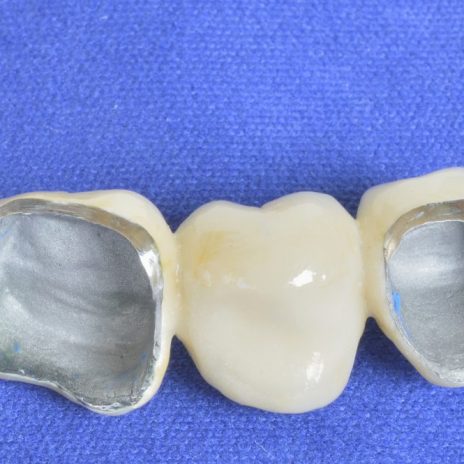Did you know…
Dental crowns may be necessary for a number of reasons. They include:
- To restore the remaining tooth structure following a root canal
- To protect a tooth that is broken or damaged.
- To restore a decayed tooth with too much damage to support a new filling
- To anchor a dental bridge
- To disguise tooth discoloration that has not responded to whitening treatments
Frequently Asked Questions
Am I a candidate for Zirconia restorations?
You may be a candidate for Zirconia restorations if you are looking for a strong, but aesthetically appealing crown or bridge. Zirconia is especially beneficial to patients who suffer with bruxism that could lead to the deterioration of all-ceramic restorations. To find out more about porcelain-fused-to-metal restorations, contact your dentist to schedule a consultation.
What should I expect when being fitted for a Zirconia restoration?
You’re tooth will be prepared for your new [city] Zirconia restoration as your dentist gently removes the outer layer for bonding. An impression of your teeth will be made and sent to a dental lab for fabrication of a Zirconia restoration in a shade that matches your natural teeth. Finally, the restoration will be sent back for placement and permanent bonding.
Will I need to follow any special post-treatment care guidelines after being fit for a Zirconia restoration?
It is normal to experience some sensitivity to hot and cold temperatures after having a Zirconia restoration placed. However, this should subside, as should any soreness caused by tooth preparation. Be sure to follow the instructions provided to you by your dentist, and continue brushing and flossing on a daily basis to keep your Zirconia restoration clean and well cared for. Tell your dentist if your Zirconia crown or bridge causes you any pain of any kind or if it comes loose.


